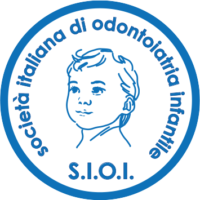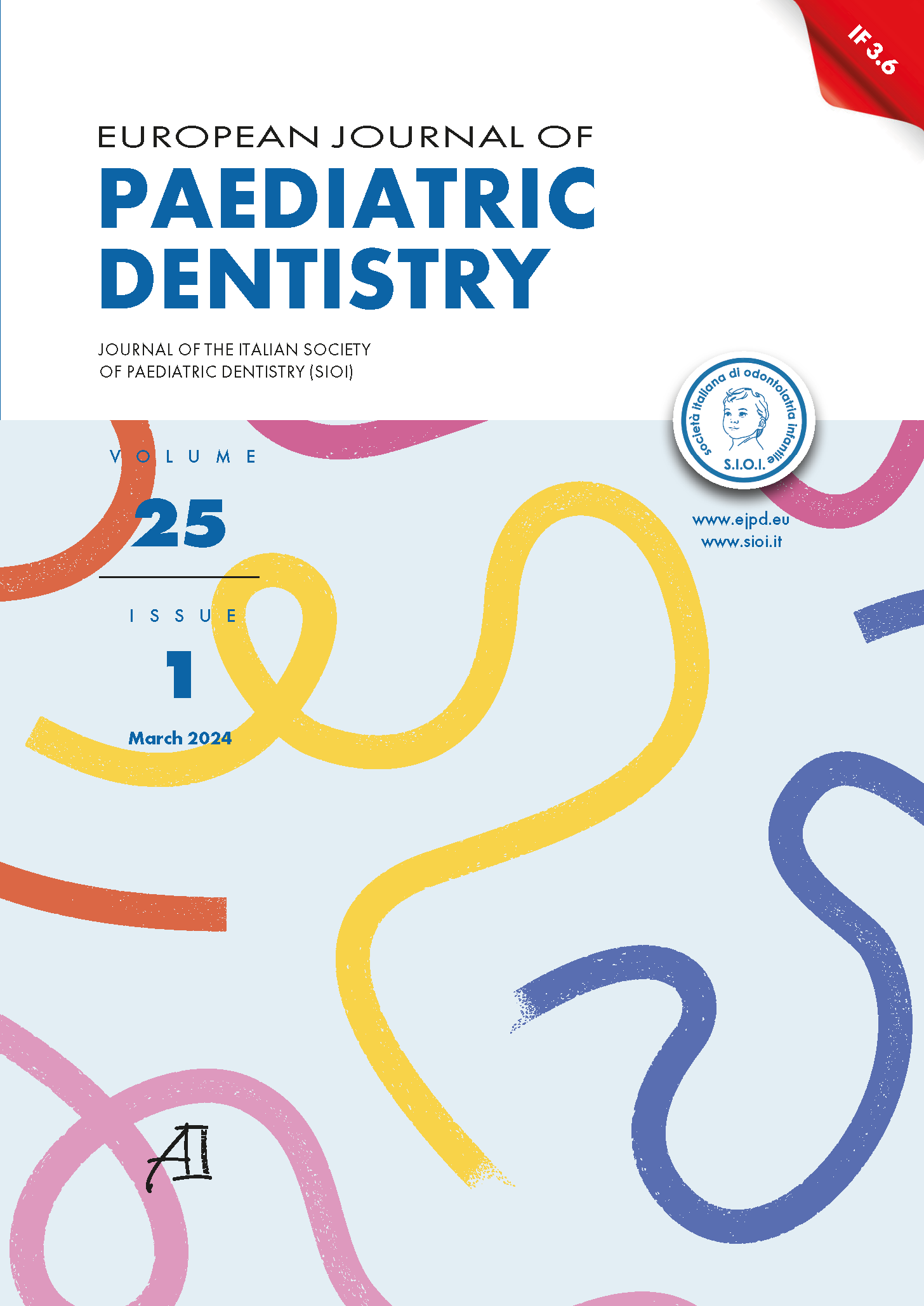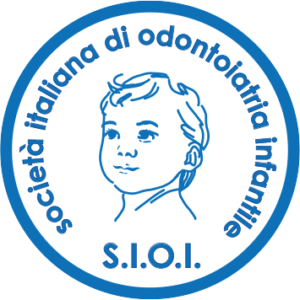This is the official website of the European Journal of Paediatric Dentistry. It is an open access journal and its whole content is available free of charge, including download of the acrobat files of the papers published in the journal.

Current Issue
Children’s rights and dental care treatment
Authors: L. Paglia
Volume: 25
Issue:1
Publication date: March 2024
Pag: 3– 3
Selective excavation and ozone therapy: new frontier of mini-invasive caries treatment in MIH paediatric patients. A case report
Volume: 25 Issue:1 Publication date: March 2024 Pag: 6– 10A new way to approach ASD children in Dentistry
Volume: 25 Issue:1 Publication date: March 2024 Pag: 12– 19Evaluation of oral-health related knowledge and attitudes among mothers of children under 4 years old
Volume: 25 Issue:1 Publication date: March 2024 Pag: 20– 26Covid-19 pandemic and clinical activity stop: oral health study in a group of children
Volume: 25 Issue:1 Publication date: March 2024 Pag: 27– 31The oral health situation and treatment need of schoolchildren Afghanistan: a cross-sectional study
Volume: 25 Issue:1 Publication date: March 2024 Pag: 32– 35Periodontal Health in Children with Juvenile idiopathic arthritis
Volume: 25 Issue:1 Publication date: February 2024 Pag: 36– 41Randomised clinical trial of Class II ART restoration in primary teeth with and without retentive grooves after 12 months
Authors: E. Pesaressi, D. Zelada-Lopez, T. Cosme, J. Diaz, M. Huanqui, M. Fidela de Lima Navarro, R. S. Villena
Volume: 25
Issue:1
Publication date: March 2024
Pag: 42– 49





